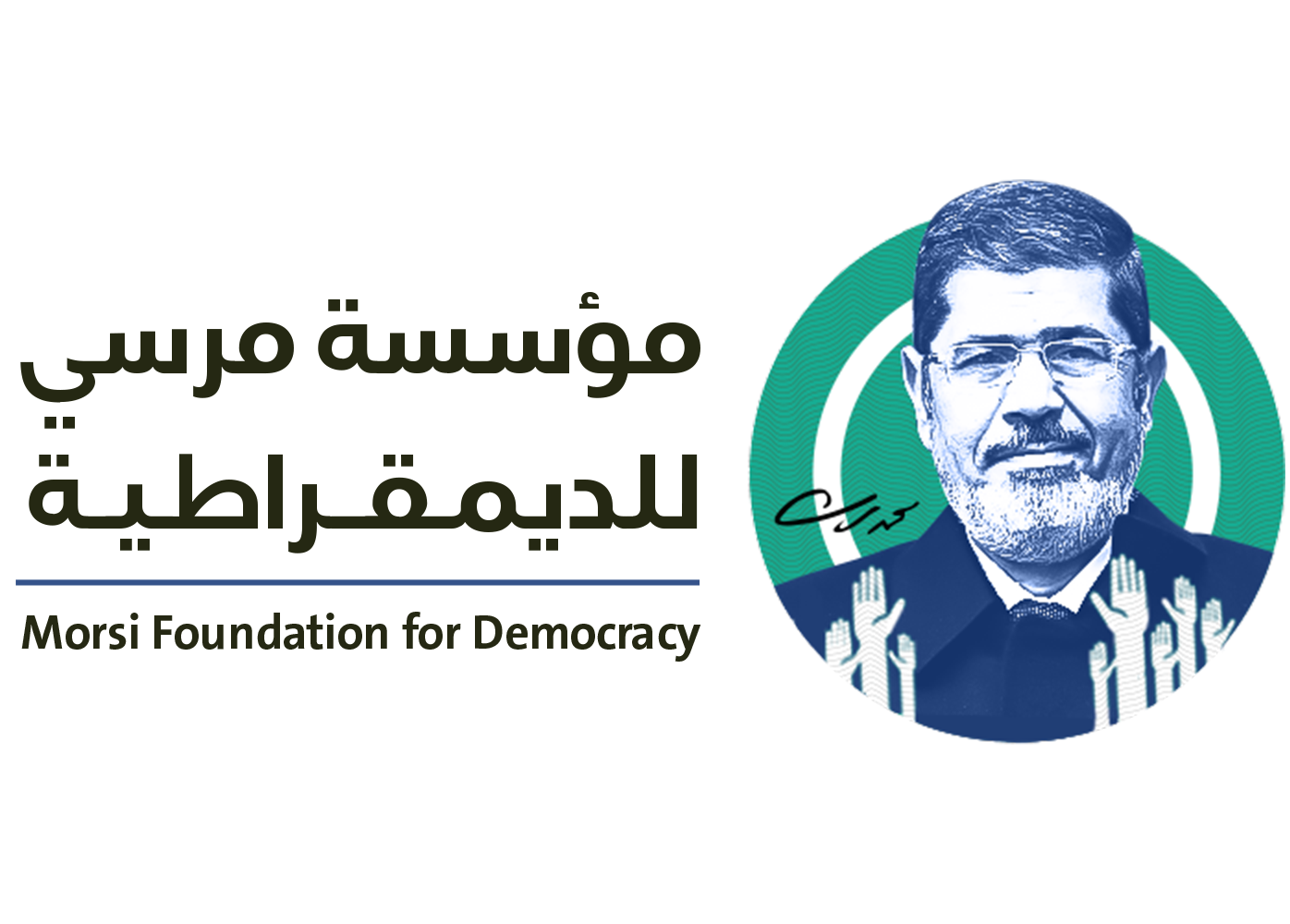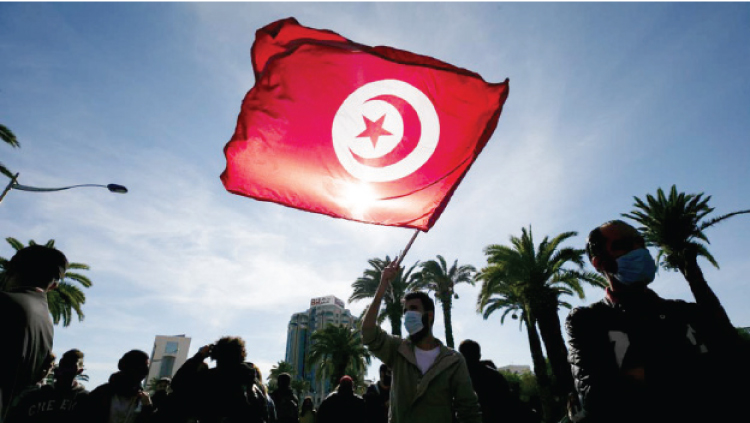Just three years ago, Tunisia was celebrated as the only success story born out of the Arab Spring. However, beneath the glossy surface of its democratic institutions, growing unrest simmered over the failure to deliver on the promises of prosperity made during the 2011 revolution. Kais Saied, an independent politician with a reputation for integrity, was elected president in 2019 with more than 70 per cent of the vote. While some warned of the dangers of his brand of populism at the time, no one expected such a rapid and total descent into an autocracy with racist overtones.
Last February, Tunisian authorities arrested around 20 prominent figures, including opposition politicians from across the ideological spectrum, as well as businessmen and even Noureddine Boutar, director of the country’s most popular independent radio station. The main accusations levelled against them are ‘rebellion against the state’ and ‘terrorism’, despite the fact that no attacks have been recorded. Supposed evidence of their ‘conspiracies’ include meetings with the ambassadors of several European countries.
“The objective of all these arrests is to prevent the possibility of a return to democracy,” explains Kauther Ferjani, whose father, Saied Ferjani, a historic leader of the Islamist Ennahda party and a member of the dissolved parliament, was among those arrested in February. “In his case, there is no formal accusation. He was interrogated as a witness and then, we believe as a result of pressures on the judge, he was arrested while they look for a charge against him. [The police] interrogated and intimidated some of his friends, but they found nothing. This is an inversion of process in a state governed by the rule of law,” he adds.
The loss of judicial independence has been a concern in Tunisia since the president last year dissolved the Supreme Council of the Judiciary, the judges’ governing body, only to reinstate it with hand-picked magistrates. “These blows to judicial independence reflect the government’s determination to subjugate prosecutors and judges to the executive branch, at the expense of Tunisians’ right to a fair trial before independent and impartial judges,” says Salsabil Chellali, Tunisia director of HRW.
The dissidents arrested include two senior officials of the UGTT, the most powerful trade union in the Arab world. On 4 March 2023, the UGTT organised its first anti-government demonstration. Speaking at the demonstration, its secretary general Noureddine Taboubi insisted on the need for a “national dialogue” to address the current crisis. “Initially, the UGTT did not oppose Saied’s policies, but its antagonism has grown with every measure the president has taken. The government wants to weaken the union as much as possible, so I don’t see reconciliation in the near future,” says political scientist Aymen Boughanmi. Days before the protest, Esther Lynch, general secretary of the European Trade Union Confederation, was expelled from Tunisia. A few days later, a Spanish trade union official was barred from entering the country.
The end of Tunisia’s democratic experiment began in the summer of 2021, when Saied abruptly changed course during a conflict with the country’s prime minister. Employing a dubious, even fraudulent, reading of the constitution, he seized wide ranging powers, sacked the government and suspended parliament. Fed up with a deadlocked political class, a majority of Tunisians initially applauded what amounted to a ‘self-coup’.



